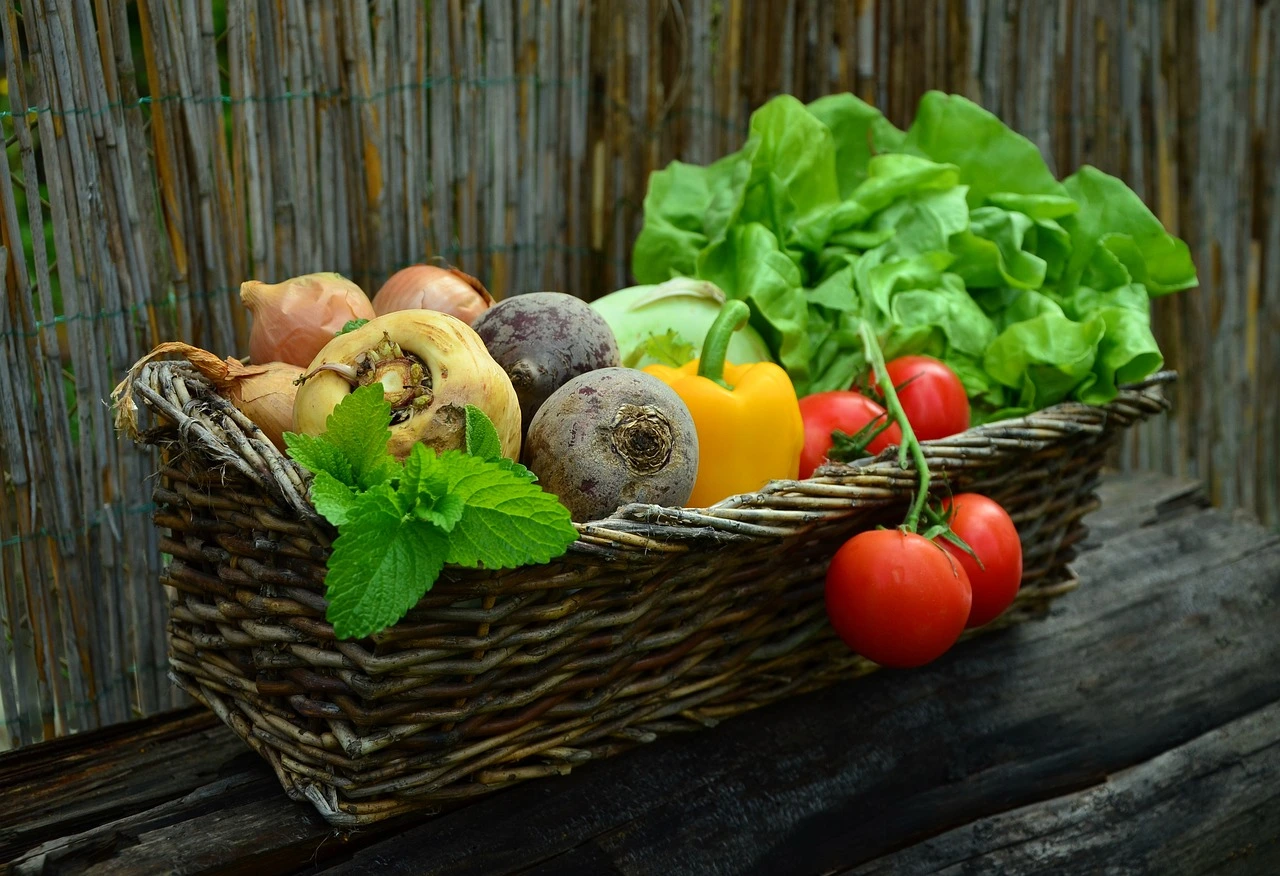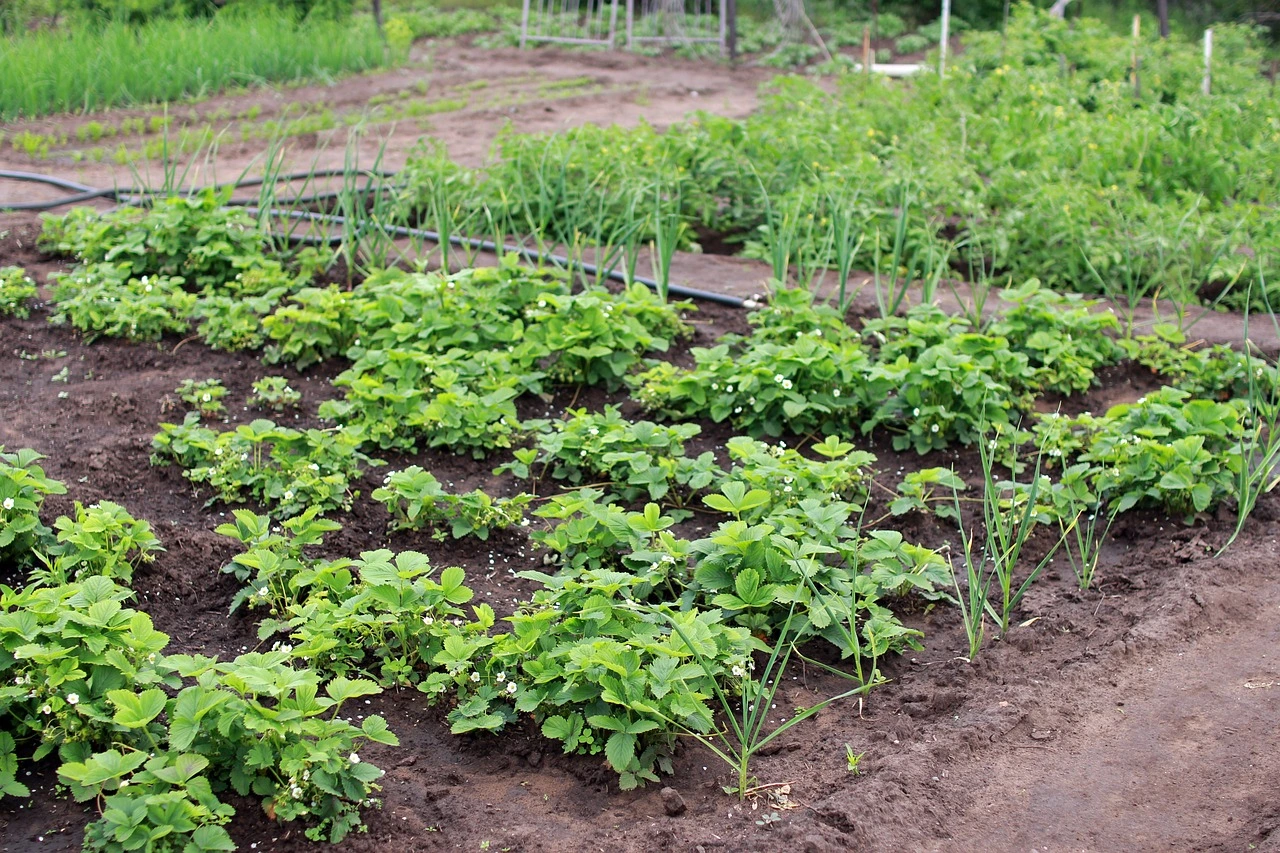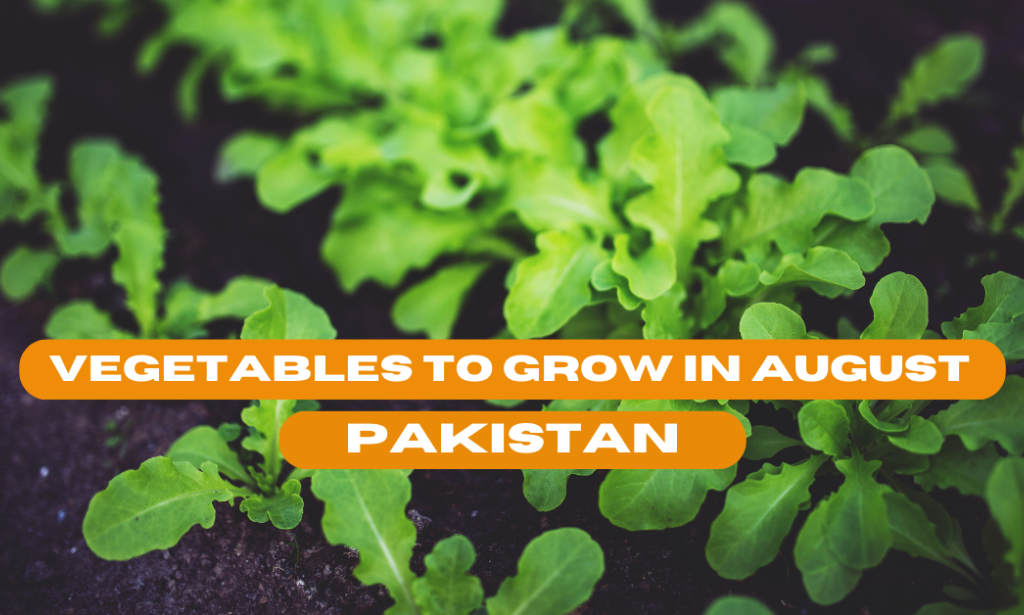Do you plan to start your vegetable garden in August? This time of year, Pakistan's distinctive climate presents a number of opportunities for cultivating vegetables. There are plenty of options to choose that will grow successfully in the August weather. In this article, we're going to look at the vegetables that will grow the best in Pakistan in August and if you are a beginner, provide you with helpful guidance on how to garden successfully.
Table Of Content
Understanding Pakistan's Climate in August
Preparing Your Garden for August Planting
Top Vegetables to Grow in August Pakistan
Tips for Successful Gardening in August
Introduction
In Pakistan, the month of August has high temperatures with high humidity. Which make august perfect time to grow some vegetables. Growing vegetables is not only enjoyable experience, but it also provides organic and fresh food for your kitchen. To make sure a successful harvest from your vegetable garden, it is important to choose the right vegetables and right season to grow them and follow proper care for vegetables plants.

Understanding Pakistan's Climate in August
Pakistan's climate in August varies from region to region. The southern regions might experience higher temperatures. The key to successful gardening in August is to select vegetables that can tolerate and thrive in the warm weather.
Preparing Your Garden for August Planting

Before you begin growing vegetables in your garden, it is important to prepare the garden for successful growth of plant. Below are some steps:
Clearing and Weeding:
Before start growing vegetables remove weeds and trash from your garden.
Soil Enrichment:
You can add compost or manure to improve the soil's fertility. Make sure that you provide necessary nutrients to your vegetable plants for healthy growth.
Mulching:
Plants need moisture for healthy growing you can apply a layer of organic mulch around the plants to maintain moisture in soil. Mulching also regulate soil temperature, and suppress weed growth.
Top Vegetables to Grow in August Pakistan
After you have prepared your garden, below are the vegetables to grow in august Pakistan:
Okra/Bhindi
Okra, known as ladyfinger and locally also known as bhindi is a popular vegetable in Pakistan. It loves the warm weather and requires well-drained soil. Plant okra seeds about 1 inch deep and space them adequately to allow proper air circulation.
Eggplant/Bangan
Eggplants which is locally known as bangan flourish in August's warm temperatures. Choose from various eggplant varieties and ensure they receive at least 6-8 hours of sunlight daily.
Bitter Gourd/Karela
Bitter gourd is a heat-loving vegetable that grows well in August. It prefers a trellis or support structure for climbing vines.
Green Beans/Sabz Phalli
Green beans thrive in warm weather and grow quickly. They require support for climbing, and regular harvesting encourages continuous production.
Cucumbers/Khera
Cucumbers love the heat and need consistent watering. Consider planting bush cucumbers if you have limited garden space.
Spinach/Palak
Spinach can be grown in August but prefers partial shade to avoid bolting due to extreme heat.
Radishes/Mooli
Radishes are quick-growing vegetables and can be harvested in a short time. They are perfect for beginner gardeners.
Green Peppers/Sabz Mirch
Green peppers, or bell peppers, thrive in the warm weather of August. Green pepper needs full day sunlight for successful growth.
Tomatoes
Tomatoes are a staple in Pakistani cuisine. Choose from various tomato varieties and provide support for their vines.
Carrots/Gajar
Carrots can be grown in August, and their sweet flavor is enhanced by the cooler temperatures during the night.
Beetroots/Chukandar
Beetroots are hardy vegetables that can tolerate the August heat. They prefer loose soil for proper root development.
Onions/Pyaaz
Onions can be grown from seeds or sets in August. They need soil that drains properly and consistent watering.
Lettuce
For protection from the intense sun, lettuce can be planted in some shade. For continued growth, collect the outer leaves.
Cabbage/Gobhi
Cabbage grows well in the cooler regions of Pakistan during August. Choose appropriate varieties for your climate.
Tips for Successful Gardening in August
Regular Watering:
The August heat can quickly dehydrate your plants, so ensure they receive enough water, especially during dry spells.
Fertilizing:
Feed your vegetables with a balanced fertilizer to provide essential nutrients for healthy growth.
Pest Control:
Monitor your garden for pests and use natural remedies or insecticidal soaps to keep them under control.
Harvesting:
Regularly harvest ripe vegetables to encourage continuous production and prevent over-ripening.
Conclusion
August is an excellent time to start your vegetable garden in Pakistan. By selecting the right vegetables and following proper gardening techniques, you can enjoy a good harvest. Enjoy the satisfaction of caring for your plants and the tasty, homegrown foods you get to eat.
FAQs
Can I grow lettuce in the hot weather of August?
Yes, you can grow lettuce in your garden in weather of august. It recommended to provide partial shade to protect it from direct sunlight.
How often should I water my vegetables in August?
In August the weather is hot you can water your vegetables every 2-3 days, depending on the soil's moisture level but keep in mind that you do not overwater your vegetables.
Which vegetables are suitable for growing in containers in August?
Vegetables like tomatoes, green peppers, and bush cucumbers can be grown in containers in the month of august with proper support.
Can I grow carrots and beetroots together?
Yes, carrots and beetroots can be grown together, as they have similar growing requirements.
Is it necessary to use pesticides in my garden?
While pesticides can be used, it's best to try natural remedies or insecticidal soaps first to minimize chemical exposure.



You must be logged in to post a comment.